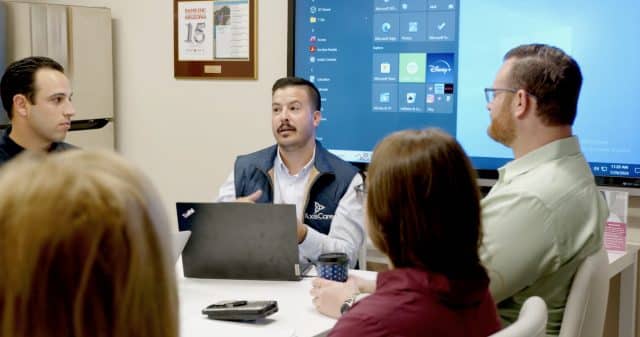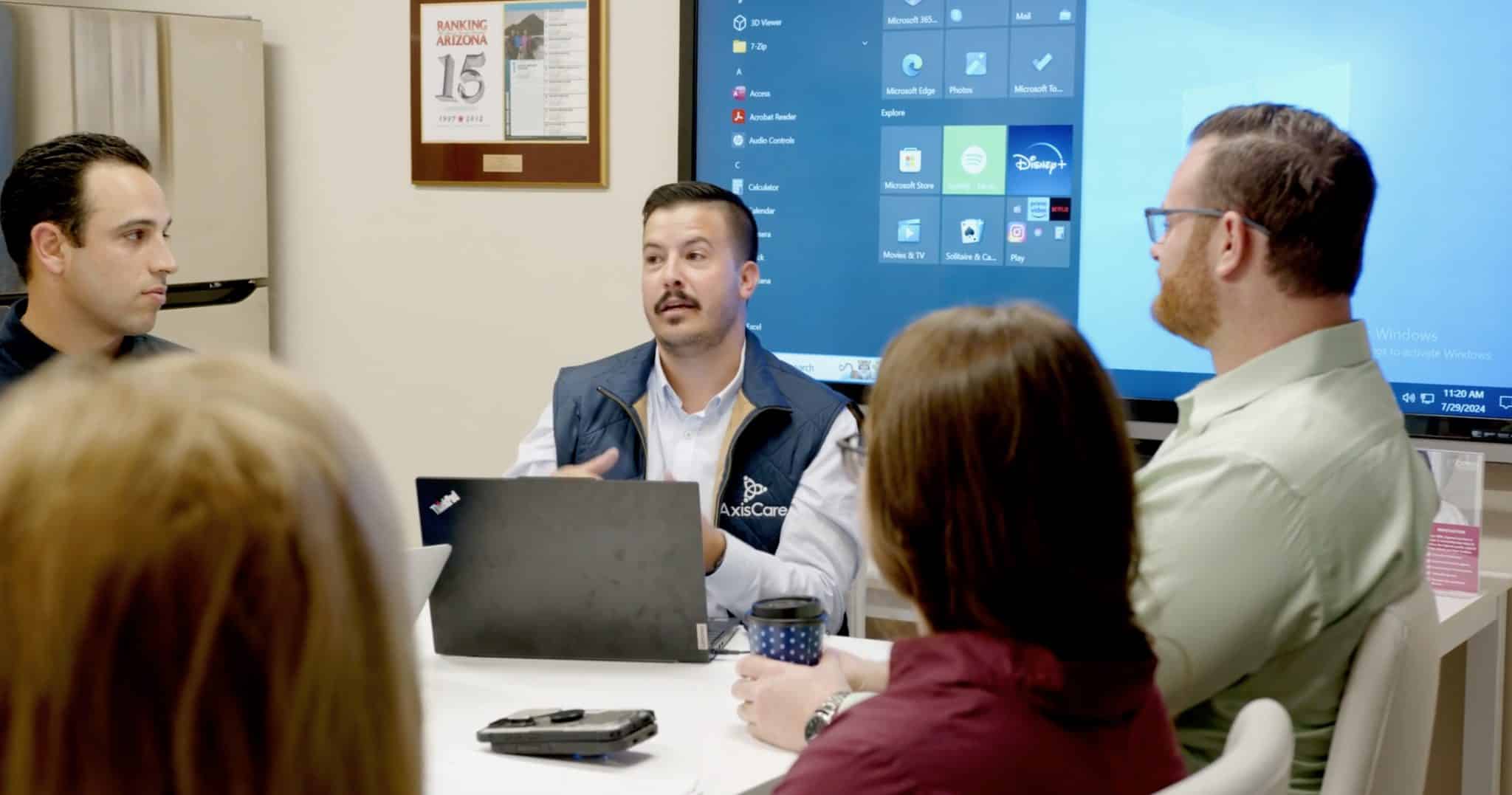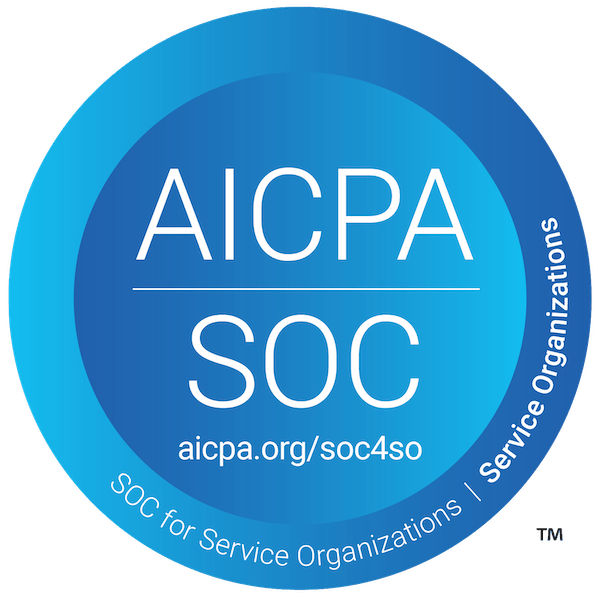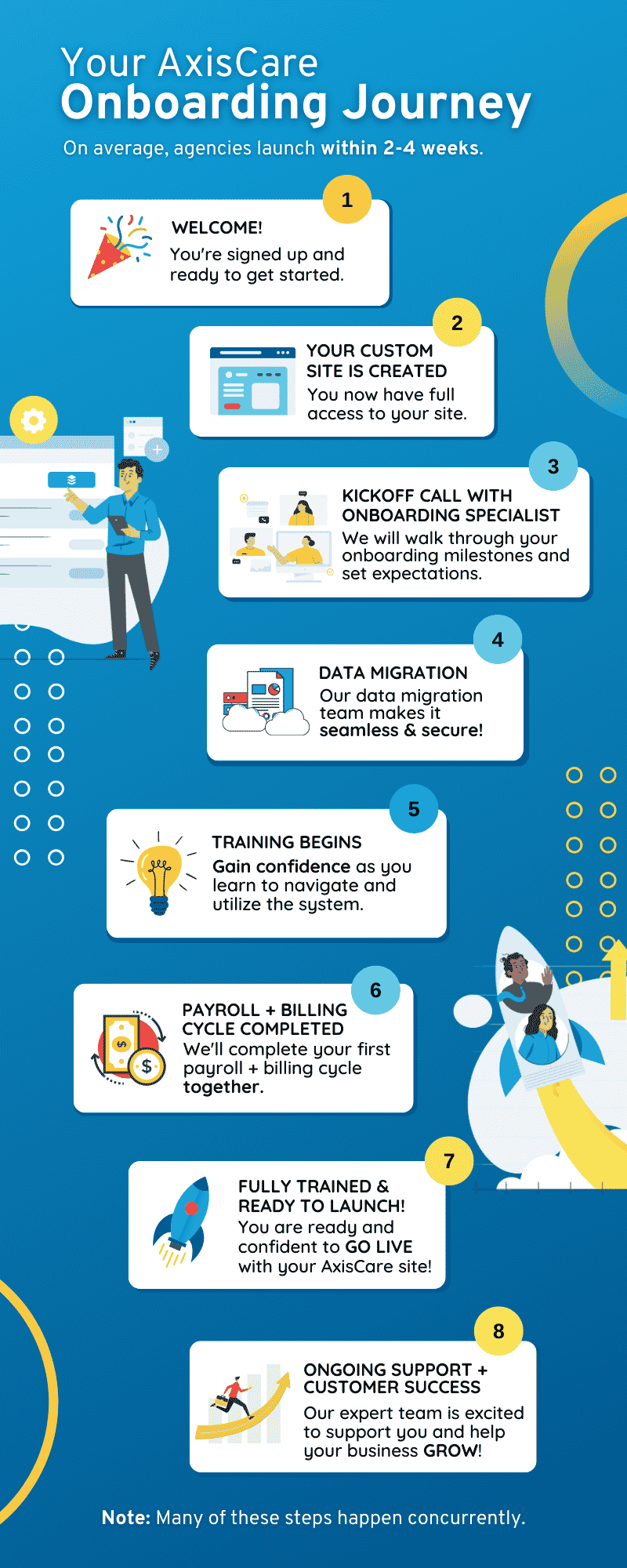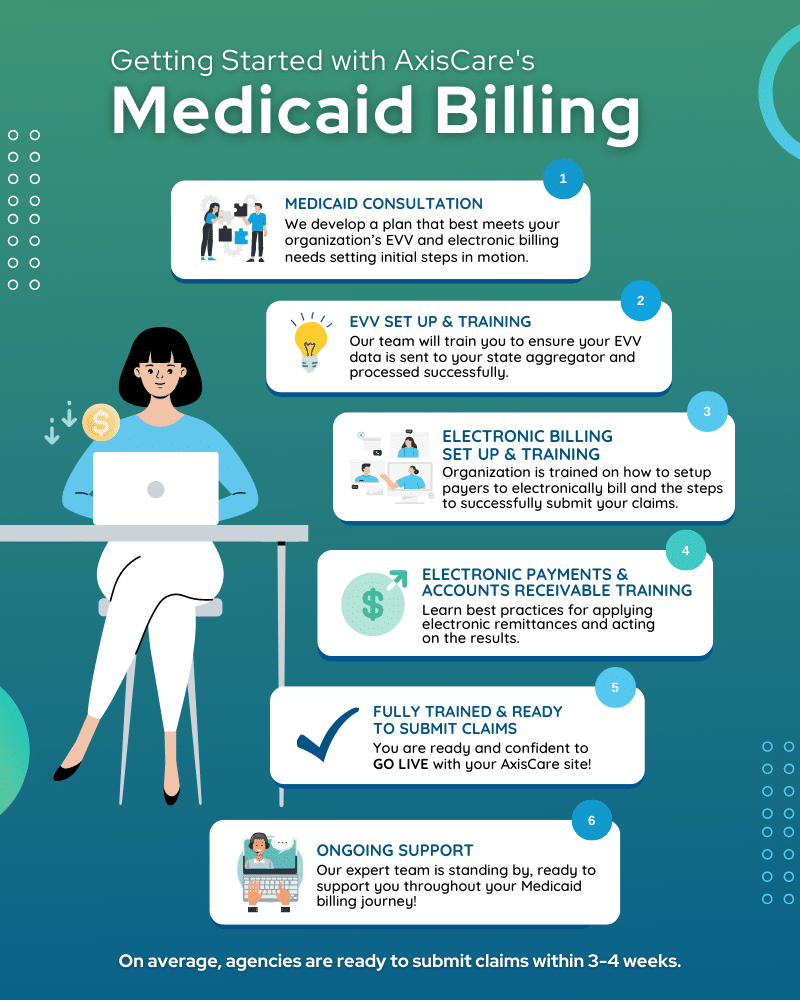The current caregiver shortage was born of a perfect storm. An aging population is colliding with high levels of employee turnover and burnout, creating a disconnect between supply and demand for in-home medical care. According to the World Health Organization, 1 in 6 people in the world will be aged 60 years or older by 2030 – so if agencies want to meet this rising demand, they’ll need to double down on hiring and retention.
When it comes to showing appreciation above and beyond a caregiver’s salary, a little can go a long way. Here are some benefits you can offer your employees to show your appreciation.
Understanding Caregiver Challenges
Caregiving is a more challenging job than many, and the mental burden of caring for others can sometimes go unnoticed or unaddressed.
Emotional Stress
At-home caregivers spend all day interacting with patients who are sick or injured – and that can take a toll. They pour a huge amount of mental energy into looking after others, ensuring patients are comfortable and every detail is being minded. All of this can leave them feeling mentally depleted, with little energy left to care for their own emotional needs.
Physical Pain
Providing care for people in their own homes means caregivers are on the road for most of the workday. Constantly attending to the needs of each patient, such as lifting or assisting with mobility, can also lead to strain and discomfort.
Time Constraints
While moving from appointment to appointment, caregivers are constantly in a time crunch. Multiple patients depend on them every day, and scheduling requires a huge amount of coordination. Even a slight holdup can cause a domino effect across their remaining appointments, adding stress to their day and potentially causing them to rush.
Work-Life Balance
Since caregivers support patients inside of their own homes, they are required to work around their schedules. This may require care staff to work unconventional hours or overtime if a patient isn’t available at any other time. Longer or more irregular work hours mean less time and energy to deal with their own responsibilities.
Caregiver Burnout
All of these factors combined make caregivers particularly susceptible to burnout. Faced with little opportunity to look after themselves between time spent caring for others, they often hit a wall and need to take time away from the profession.

The Importance of Caregiver Appreciation
It can be easy to take caregiving work for granted – it’s their job, after all. But like anyone else, caregivers deeply value genuine appreciation and acknowledgment for what they do. They’re more likely to feel satisfied with their work if they are shown respect, thoughtfulness, and feel a sense of unity with others. Constant communication and gratitude on behalf of agency owners is key to retaining talent long-term.
Improved Job Satisfaction
When caregivers feel recognized and valued for their efforts, it can create a greater sense of pride and ownership in their work. Satisfied caregivers are more likely to remain committed to their roles, leading to increased productivity and higher-quality care for patients.
Lower Turnover Rates
Knowing that your employer recognizes and appreciates your work fosters a sense of loyalty and commitment. In turn, this reduces the likelihood that caregivers will seek opportunities elsewhere and promotes stability both within the team and among patients who rely on their dedicated caregiver.
Increased Productivity
Satisfaction breeds motivation, and motivation is key for productivity. Expressing gratitude is fuel for caregivers’ energy reserves, giving them the extra boost they need to deliver exceptional care and proudly represent their agency.
Stronger Company Culture
A company that values and recognizes its team’s contributions is fostering a supportive and collaborative work environment. Through leading by example, these efforts enhance teamwork and communication. What’s more, throughout the process of demonstrating appreciation, many agencies choose to host group activities that further reinforce bonds between caregivers.
Practical Strategies for Caregiver Appreciation
There are so many ways to express gratitude, and the examples below are just the beginning. If you want to go the extra mile, we recommend making note of each caregiver’s love language for even more personalized gifts and rewards!
Regular Events
Routinely having events in the pipeline means caregivers always have something to look forward to. Gatherings like potluck dinners or game nights are a great mix of laid-back and entertaining, giving caregivers the opportunity to unwind and socialize in a casual setting. Celebratory gestures of appreciation are always welcome too, like these gift ideas.
Suggestion Box
Giving feedback can be challenging, especially if it includes critique. An anonymous suggestion box allows caregivers to express their true thoughts openly – arguably the most valuable feedback for agencies regarding how they are doing as an employer.
Caregiver Training and Support
Stagnation is one of many paths to turnover or a career change. Provide caregivers with plenty of opportunities to pursue additional training or personal development, so they can continue to learn and grow within their field. Additionally, providing support resources – whether online, in-person, individual, or in a group – goes a long way towards supporting their mental health and overall well-being.
Recognition Programs
Even verbal recognition can help caregivers feel more purposeful. Whether it’s an annual awards ceremony to recognize outstanding service in categories like “Caregiver of the Year,” “Most Dedicated,” or “Outstanding Client Feedback,” these superlatives will stoke feelings of pride and motivation. Consider associating these awards with monetary prizes for another layer of appreciation.
Incentives and Benefits
Incentives can range from bonuses to gift cards, gas stipends, and extra days off. When it comes to benefits, many employers have chosen to broaden their benefits packages over the past few years, and around 22% of large employers include telehealth to address mental health concerns. Additional benefits can also include child care, subsidized schooling, and more.
Integrating a Caregiver Software
Potlucks and gift cards are great ways to punctuate the employee experience – but there’s one way to make recognition an everyday thing. Software designed to help caregivers perform their work more efficiently: features like streamlined scheduling, custom forms, Electronic Visit Verification, and medication reminders automate tedious administrative tasks that would otherwise need to be manually performed by care staff.
Mobile apps and platforms that promote mental health are also excellent resources to help caregivers be mindful or unwind after a long day. They can be taken on the go and used anywhere, and as far as incentives go, it’s a nice gesture to cover the associated subscription costs or in-app purchases.
Appreciate Your Caregivers, Integrate AxisCare
Caregiver appreciation should be happening on a micro and macro scale. AxisCare can help their everyday workflows run smoother than ever before, taking heaps of stress off their plates and leaving more bandwidth for their own lives and responsibilities. Book your live demo today.


